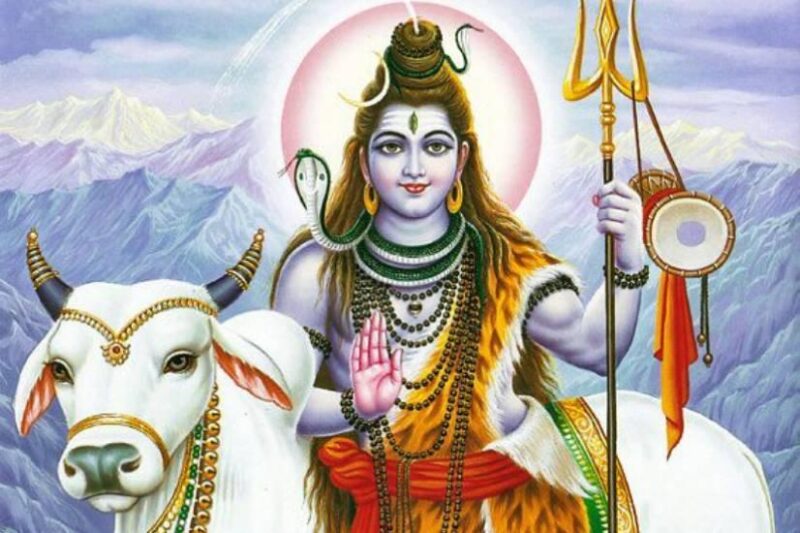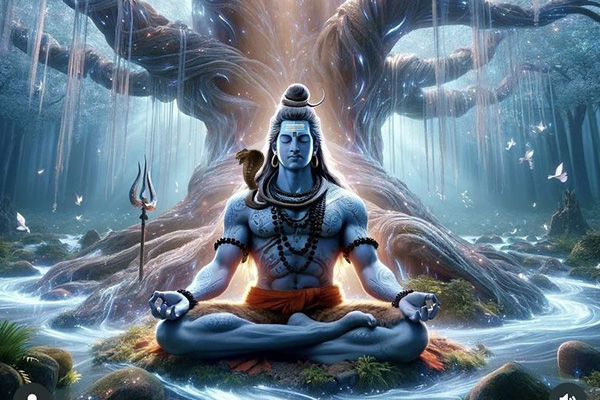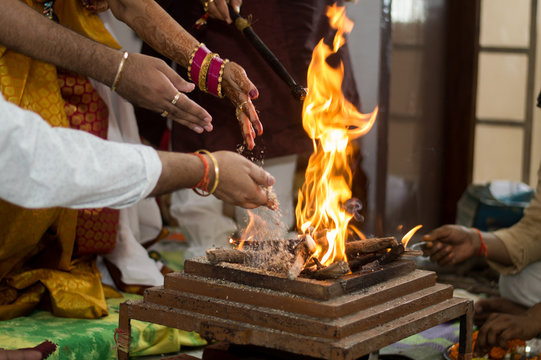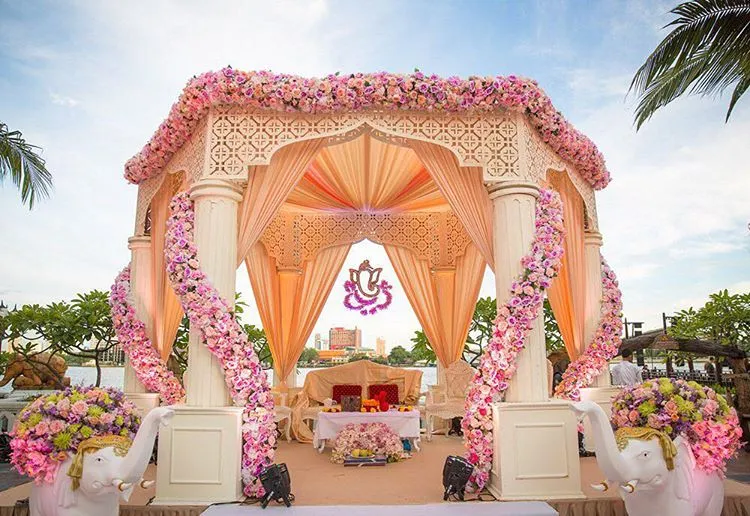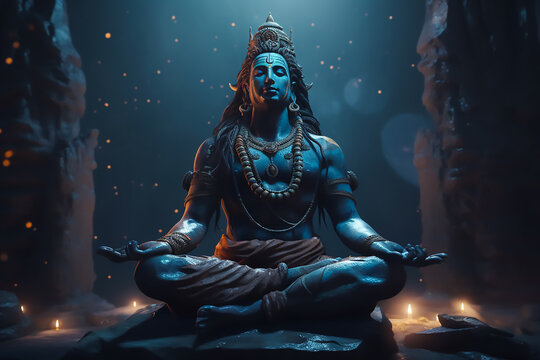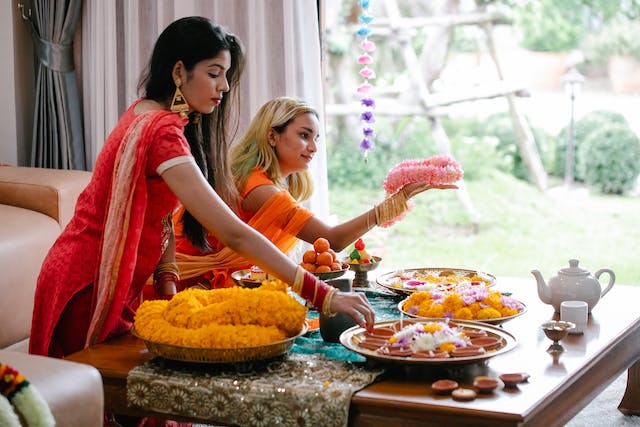what is the 13th-day ceremony after the death
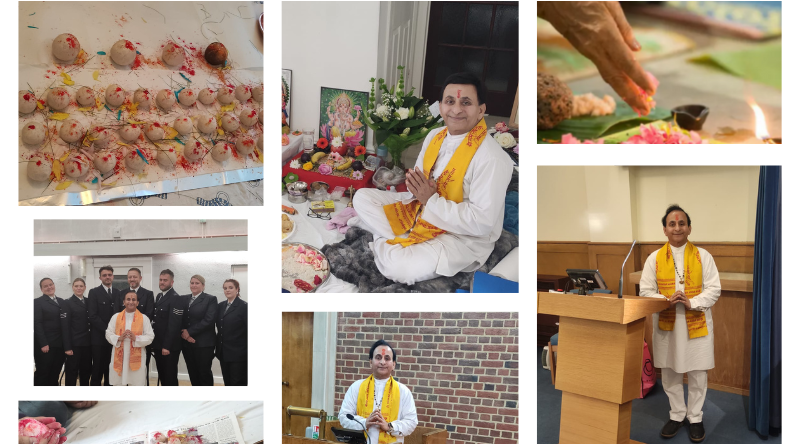
In some cultures, the 13th-day ceremony after a person’s death is an important day for mourning and remembrance. This day is known by different names in different cultures and religions.
In Hinduism, the Hindu funeral rites’ 13th-day ceremony after death is called “Terahvin” or “Terahva”. It is a Hindu funeral ritual performed to mark the end of the mourning period and to pay homage to the deceased. In this ceremony, the family and friends of the deceased gather together and offer prayers and food to the departed soul.
In Islam, the 13th-day ceremony after death is called “Tehraveen”. On this day, the family and friends of the deceased gather together and offer prayers for the soul of the departed. The family may also give charity or distribute food to the poor in memory of the deceased.
In Buddhism, the 13th-day ceremony after death is an important day for offering prayers and alms to the departed soul. This ceremony is known as the “Thirteen Days Ceremony” or “Thirteen Buddhas Ceremony”.
In some other cultures, the 13th-day ceremony after death may not hold any specific significance, and mourning may continue for a longer period of time.
Here let’s know more about Hindu funeral rites in 13 days/13th-day ceremony!!
The Hindu funeral rites in 13 days ceremony in Hinduism is known as “Terahvin”. It is a traditional Hindu funeral ritual performed to mark the end of the mourning period for the deceased person.
According to Hindu customs, the mourning period after the death of a person is 13th-day ceremony. On the 13th-day ceremony, the family and friends of the deceased gather to perform the Terahvin ceremony, which is considered to be a significant event in Hindu culture.
During the ceremony, a special puja (worship) is performed for the deceased person, and their loved ones offer prayers and offerings to honor their memory. The family also invites guests to their home, where they serve food and offer condolences to the bereaved family.
The Terahvin ceremony is an important tradition in Hinduism, as it is believed that performing this ritual can help the soul of the departed person to attain peace and move on to the afterlife.
Hindu funeral rites typically last for a period of 13 days, which is commonly known as the “Hindu funeral rites 13 days ceremony” or the “terahvin.” This period is a time for mourning and honoring the deceased, and it is believed that the soul of the departed remains in the earthly realm for Hindu funeral rites 13 days before departing for the afterlife.
During this period, According to Hindu funeral rituals, the family of the deceased will usually observe a number of customs and traditions, including:
In Hindu funeral rituals, The body of the deceased is cremated, and the ashes are typically scattered in a holy river.
The family of the deceased will observe a period of mourning, during which they may abstain from certain activities and practices such as eating meat, wearing new clothes, or attending celebrations according to Hindu funeral rituals.
The family may also hold daily prayer services, which may include reciting mantras, performing puja, Bhajan, and Satsang, and offering food and flowers to the gods.
On the Hindu funeral rites 13 days a final ceremony is held to mark the end of the mourning period. This may involve performing rituals such as offering food to the gods, giving donations to the poor, and performing puja.
Hindu funeral rites 13 days Importance in Hinduism:
The Hindu funeral rites of 13 days in Hinduism hold great importance and significance in Hindu culture and tradition. Here are some reasons why:
Honoring the deceased: The funeral rites provide an opportunity for the family and friends of the deceased to honor and pay their respects to the departed soul. This helps the bereaved to come to terms with their loss and find closure.
Helping the soul to move on: It is believed that the soul of the departed lingers in the earthly realm for Hindu funeral rites 13 days after death. The Hindu funeral rites are meant to help the soul move on to the afterlife and attain moksha or liberation from the cycle of birth and death.
Spiritual purification: The Hindu funeral rites involve various Hindu funeral rituals and ceremonies that are intended to purify the body, mind, and soul of the deceased and help them to attain spiritual liberation in Hindu funerals.
Expressing gratitude: The Hindu funeral rites also provide an opportunity for the family and friends of the deceased to express their gratitude for the life of the departed and seek forgiveness for any wrongs done.
Communal support: The Hindu funeral rites are usually attended by members of the community, who offer their support and condolences to the bereaved family. This helps to create a sense of community and unity and helps the family to cope with their loss.
Overall, the Hindu funeral rites 13 days funeral rites in Hinduism play an important role in providing closure to the bereaved and helping the soul of the departed to attain spiritual liberation.
The Hindu funeral rites 13 days funeral rites in Hinduism are an important way for families to honor and remember their loved ones who have passed away, and to help them find peace in the afterlife.
